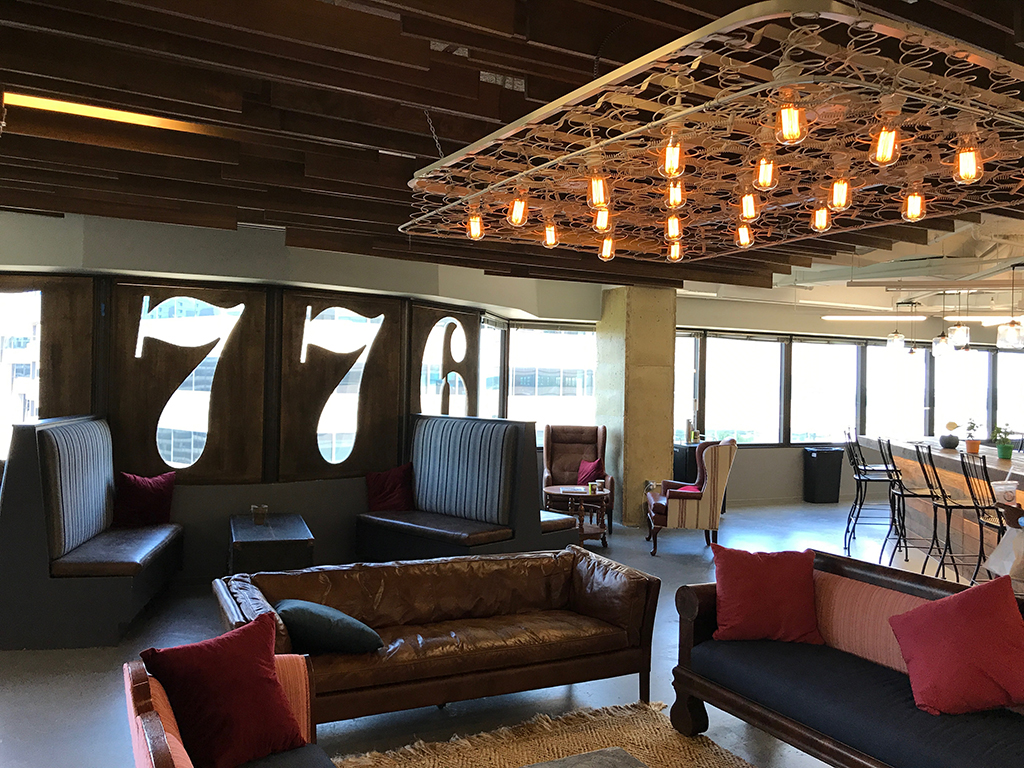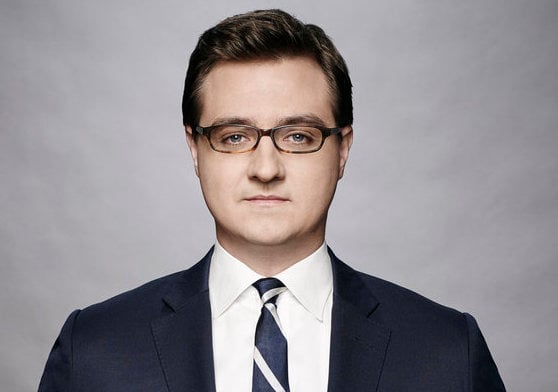Once heralded as a centerpiece of DC’s tech scene, start-up incubator 1776 proved less revolutionary than its name.
February 2013
Tech-industry veterans Donna Harris and Evan Burfield launch 1776 with a $200,000 grant from the District. They invest in a first crop of more than 40 budding companies and invite them to open shop in a slick co-working space.
July 2014
After some early successes—including the trip-planning platform RideScout, which Daimler will later acquire—1776 gets a PR boost when President Obama makes a surprise visit.
April 2015
The company goes on an expansion spree, starting with the purchase of Disruption Corp., a Crystal City venture-capital firm/incubator. It soon buys another start-up hub in San Francisco and, a year later, opens 1776 campuses in Dubai and New York.
November 2016
Harris, who was splitting the CEO role with Burfield, announces she’ll step back from day-to-day operations (but will remain a board member and investor). “Co-CEO relationships can go well, but they can be challenging,” Harris says. Burfield, meanwhile, has been developing Union, a software platform that connects investors and start-ups.
February 2017
After reported financial struggles, 1776 sells its San Francisco operation. The company decides to put more emphasis on developing Union. “It was a recognition that running a physical real-estate business and a software business were very different,” Burfield says.
October 2017
Benjamin’s Desk, a WeWork-like company in Philadelphia, acquires the 1776 incubator and office space. Burfield moves away from daily leadership to focus on Union. “People were struggling to understand all the parts of 1776,” says Harris, who still runs a venture-capital fund with Burfield. “It’s a natural evolution to ask if all these things belong together.”
This article appears in the January 2018 issue of Washingtonian.


















